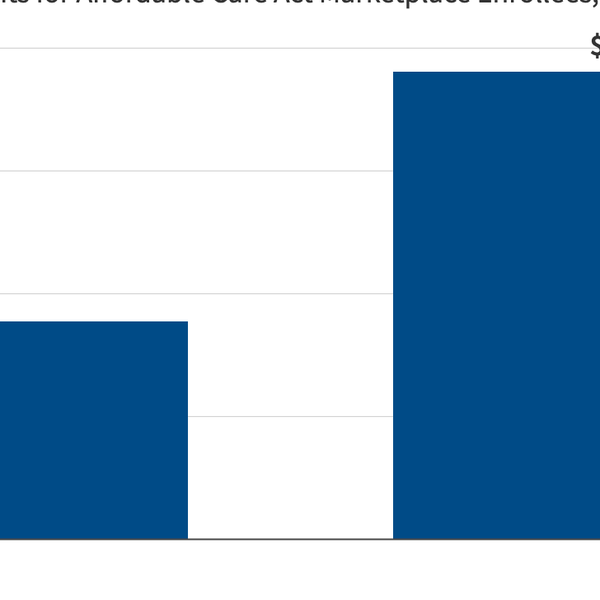
Published with permission from The Washington Monthly.
Now that Donald Trump is the apparent nominee for the Republican Party and Hillary Clinton has a nearly insurmountable lead over Bernie Sanders for the Democratic Party’s nomination, we can expect to see in the near term an explosion of commentary by pearl-clutching pundits lamenting the moral impossibility of choosing between the lesser of two evils.
In March, John R. MacArthur, publisher of Harper’s, wrote in the UK’s Spectatorthat the rational voter would choose none of the above: “Of course I won’t vote for Donald Trump,” he said. “He’s a wolf in wolf’s clothing. But all around me I hear liberal sheep rustling in the fields, preparing to rationalise their vote for Hillary. I’d rather spoil my ballot by writing in ‘Jeremy Corbyn’ — and take my chances with the wolf.”
On Thursday, Rachael Larimore, a Republican and Slate senior editor wrote that Trump is loathsome, just awful, but she’s not voting for Clinton either. Trump is a “jerk” and “hypocrite” who foments racism. Clinton is “shameless,” “underhanded,” an ambitious elitist—and let’s not mention that “her primary fashion influences seem to be Communist dictators.”
Oh, FFS.
These people appear to take themselves very seriously. They appear upright and moral, distraught for their country. They also appear to think voting is like shopping, as if the object of purchase speaks volumes about who they are, how they are seen by others, and who they want to be.
Bosh. Voting is a political strategy. It’s civic participation. It’s about citizenship, not individualism. Participate or don’t, but don’t tell us sitting on the sidelines makes you a better person. Don’t tell us how serious you are, how rational, how moral, by your choosing “none of the above.”
Truth is, there’s no such thing as not voting.
Inaction is action, like it or not.
In 2000, novelist David Foster Wallace covered the Republican primary for Rolling Stone. He wrote that not voting is just what political parties want, because not voting means less interference from the governed. The parties are “keenly aware that it is in their interests to keep you disgusted and bored and cynical and to give you every possible psychological reason to stay at home doing one-hitters and watching MTV on primary day.
“You either vote by voting,” Wallace continued, “or vote by staying home and tacitly doubling the value of some diehard’s vote.”
Part of keeping you “disgusted and bored and cynical” is the idea that the candidates are the same, that there is no differences between Republicans and Democrats. This idea comes from the media’s habit of being fair and balanced in its coverage. It comes from Americans’ innate distrust of politicians. It also comes from politicians gaming the electorate.
Blaming major parties for the country’s ills was for a long time the stock-in-trade of third-party candidates, like H. Ross Perot, Pat Buchanan and Ralph Nader. Increasingly, the same rhetoric originates from party insiders, most prominently this year from Donald Trump, Ted Cruz and Bernie Sanders. Virtually every talking point makes “Washington” the boogieman of American politics, as if every popularly elected official were the same.
Such rhetoric can be powerful. David Axelrod, President Obama’s former adviser,recalled in Believer, his memoir, that Obama’s message took “aim at excessive partisanship and special-interest power that all Americans, except those in Washington, recognized as obstacles to progress.”
It may work again. Republican Senator Ben Sasse of Nebraska is laying the groundwork for a 2020 run by being the most vocal opponent of Donald Trump. On Facebook Wednesday, Sasse railed against “partisanship and special-interest power” by writing an open letter to “Majority America.”
Sasse wrote: “Washington isn’t fooling anyone—neither political party works. They bicker like children about tiny things, and yet they can’t even identify the biggest issues we face. They’re like a couple arguing about what color to paint the living room, and meanwhile, their house is on fire.”
Of course, reality is more complex. The parties are empirically different.
If you want lower taxes on the rich, or higher, there’s a party for you. If you want less government spending, or more, there’s a party for you. Pick an issue, any issue: abortion, gun control, financial regulations, military affairs, national security, family law. You name it, there are distinct and sometimes irreconcilable differences within and between the parties.
Parties moreover are crucial to organizing the business of government. If it were possible for someone outside the parties to be elected president, that person would face grave difficulties, because it takes a party to run the country. That voters choose individuals for president is almost beside the point, because presidents represent the values and policies of their party.
I wouldn’t normally make too much of pundits. But the idea of choosing none of the above is despairingly widespread. The political media is already making a lot of the fact that Trump and Clinton have the lowest favorability ratings of any two candidates running for president in the modern history (though Trump consistently polls much lower than Clinton). Such reporting distorts reality. Their ratings are low because the parties haven’t yet consolidated around the candidates. Once they do, their favorability is likely go up (at differing rates of increase).
But blaming the media is beside the point. Many of our problems could be solved if every person who can vote did vote. Liberals and conservatives complain about big money in politics. They complain about an oligarchy running the country with little to no effort to seek the consent of the governed. But they also complain when they don’t get candidates that meet their standards. America deserves a better set of options, they say.
Well, as William Munny once said, “deserves” got nothing to do with it.
John Stoehr is a lecturer in political science at Yale and the 2016 Koeppel Journalism Fellow at Wesleyan.
Photo: Republican U.S. presidential candidate and businessman Donald Trump speaks to supporters following the results of the Indiana state primary at Trump Tower in Manhattan, New York








